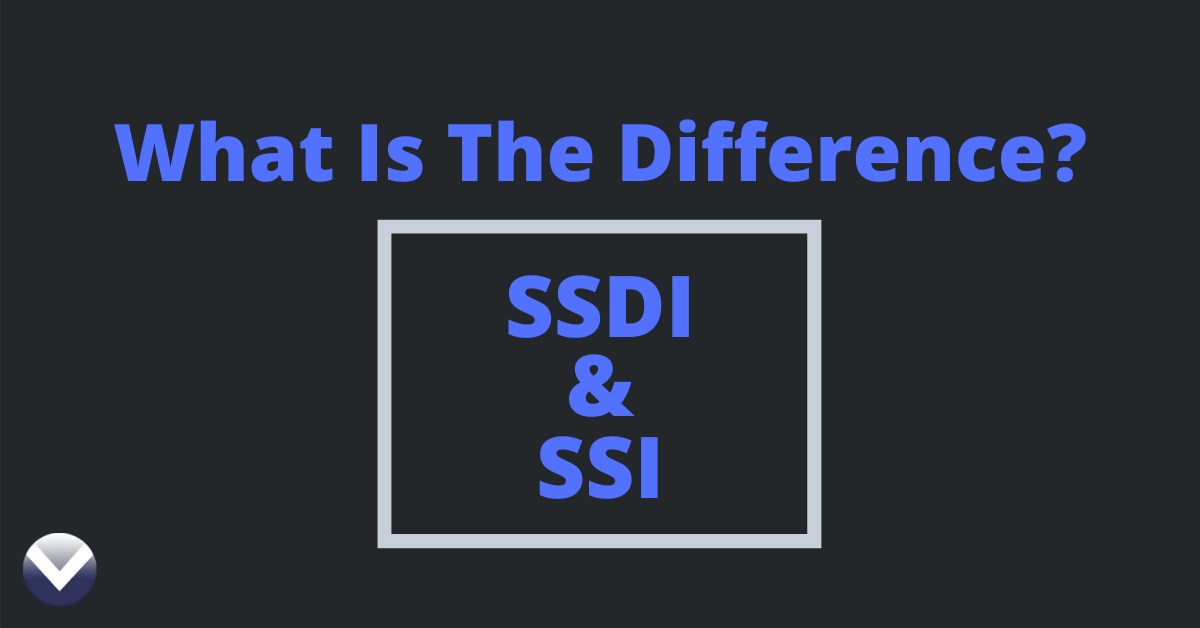
27 Jan What Is the Difference Between Social Security Disability (SSDI) and Supplemental Security Income (SSI)?
SSDI and SSI are two governmental income programs that are very distinct from one another but are often confused. SSDI or Social Security Disability is a program that grants monthly benefits for those with sufficient work credits. SSI or Supplemental Security Income is a program that grants monthly benefits for those with insufficient work credits who can not qualify for SSDI and those who have never worked.
SSDI is a program for those who have paid into the Social Security system, the longer you pay into it, the better your scenario will be. The most important things are being younger than 65 years old, having a sufficient number of work credits and are disabled.
After becoming disabled there is a five month waiting period which is important to keep in mind, they will not pay you benefits for these five months! SSDI cases have a higher percentage win rate than most SSI cases. Majority of the time, those who are filing for SSDI have a higher income than SSI claimants and are more likely to be seen by doctors which can help their case by providing medical documentation.
Also, a work history is better to have with your claim as SSI claimants do not have this. SSI is a program that does not require you to be working but specifically targets your income/financial needs. That said, you need to have less than $2,000 in assets and a small income to be eligible. Also SSI payments will begin within the first month unlike SSDI which has a five month waiting period


